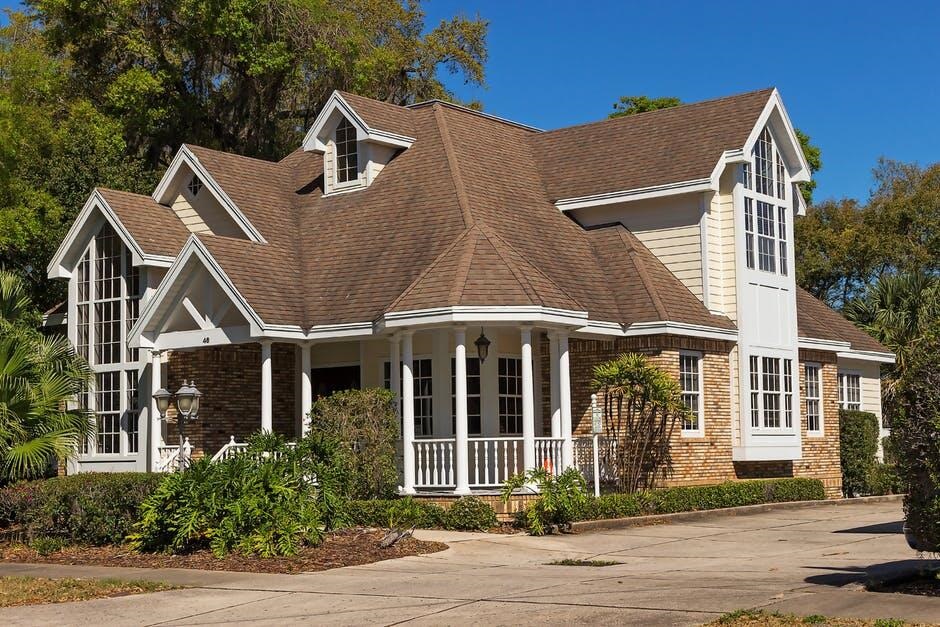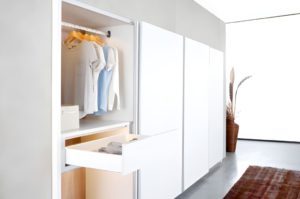When it comes to picking the right roof for your commercial property, the decision can feel overwhelming. There are so many materials to choose from! One of the most popular options is commercial steel roofing, thanks to its toughness and long-term savings. But before making your choice, it’s important to compare steel roofing with other materials like asphalt shingles, clay tiles, and rubber roofing.
Each option has its own set of benefits and drawbacks. By knowing the pros and cons of each, you can pick the best roof for your building and budget. Let’s dive in!
Commercial Steel Roofing
Commercial steel roofing is a popular choice for many businesses due to its strength and long-lasting benefits. But, it also has its cons. Here are some of steel roofing advantages and disadvantages of using commercial steel roofing:
Durability and Longevity
One of the biggest benefits of commercial steel roofing is how long it lasts. Steel roofs can last between 40 and 70 years with the right care.
This makes them a smart investment over time. In contrast, asphalt shingles usually last 15 to 30 years, and clay tiles can last 50 to 100 years.
Weather Resistance
Steel roofs, like Butler Roof Panels, are also strong enough to handle tough weather better than many other materials. This includes heavy rain, snow, and strong winds.
Energy Efficiency
Energy efficiency is key when choosing roofing materials. Steel roofs with reflective coatings help keep buildings cooler in summer, reducing energy costs.
Cool roofs, including steel, can lower roof temperatures by 50 to 100 degrees Fahrenheit compared to regular materials. In contrast, asphalt shingles absorb more heat, which can raise energy bills.
Low Maintenance
Maintenance is an important factor when choosing roofing materials. Steel roofs require less upkeep than wood or asphalt, which need regular inspections for damage.
Steel resists rot and mildew, but it may need occasional rust checks, especially if not properly coated. This low maintenance is a big plus for property owners.
Fire Resistance
Steel roofing is non-combustible, making it a safer option for areas prone to wildfires. This added fire resistance helps protect both the building and its occupants in case of a fire. Property owners can feel more at ease, knowing their roof won’t catch fire easily, reducing potential damage and increasing safety.
Recyclability
Steel roofing is 100% recyclable. This makes it an environmentally friendly choice compared to other roofing materials.
Once the roof reaches the end of its lifespan, the steel can be repurposed and reused in other products, keeping it out of landfills. This recycling process helps reduce waste and lowers the environmental impact, making steel roofing a more sustainable option for eco-conscious property owners.
Cost
Steel roofing tends to cost more upfront than materials like asphalt shingles. However, its long lifespan and durability can make it a more economical choice in the long run.
Noise
Metal roofs, including steel, can be noisier than other roofing materials when it rains or hails. This can be reduced with proper insulation, helping to minimize sound inside the building.
Denting
Though steel is strong, it can still be prone to denting from hail or falling debris. This can be a concern in areas with frequent storms, but it is often manageable with protective coatings.
Appearance
Steel roofing may not offer the same look as materials like clay tiles or asphalt shingles, especially for residential buildings. But, it comes in a variety of colors and styles that can suit different building types.
Asphalt Shingles
Asphalt shingles are one of the most common roofing materials, known for their affordability and ease of installation. They are a popular choice for both residential and commercial buildings due to their versatility and wide range of styles.
Pros
The pros of using asphalt shingles include:
- Cost-effective roofing option
- Variety of colors and styles
- Lightweight and easy installation
- Widely available
Cons
The cons of using asphalt shingles in commercial building roofing include:
- Shorter lifespan than steel roofing
- Weather vulnerability
- High maintenance than steel roofs
- Not recyclable
EPDM Roofing
EPDM (Ethylene Propylene Diene Monomer) is a durable and cost-effective roofing material, often used for flat or low-slope commercial roofs. Known for its weather resistance, it’s a popular choice for buildings that require a reliable waterproofing system.
Pros
Here are the pros of using EPDM roofing:
- Resistance to UV rays and weather conditions
- Cost-effective and budget-friendly
- Easy installation for flat roofs
- Low maintenance needs
Cons
The cons of using EPDM roofing in commercial buildings include:
- Limited color options
- Prone to punctures
- Shorter lifespan
- Aesthetics not ideal for all buildings
TPO Roofing
TPO (Thermoplastic Olefin) is a reflective roofing material that offers great energy efficiency and is often used on flat roofs. TPO is known for its heat resistance and ability to reduce energy costs by reflecting sunlight away from the building.
Pros
The pros of using TPO roofing include:
- Energy-efficient; great heat reflection
- Resistant to UV rays and ozone
- More affordable than others
- Made with recyclable materials
Cons
The cons of using TPO roofing in commercial buildings include:
- Shorter lifespan compared to steel roofing
- Vulnerable to punctures and tears
- Quality can vary
- May need more frequent repairs
Modified Bitumen Roofing
Modified bitumen is a type of asphalt roofing that has been modified with polymers to improve its performance. Often used for flat or low-slope roofs, it provides durability and good waterproofing.
Pros
There are many pros of using modified bitumen roofing. This includes:
- Strong waterproofing capabilities
- Durable
- Resistant to weather conditions
- Easy to install
- Different application methods
- Suitable for flat roofs
Cons
The cons of using modified bitumen roofing in commercial buildings include:
- Shorter lifespan
- Brittle in cold temperatures
- May require occasional repairs
- Limited aesthetic options for modern designs
Making the Right Choice
Choosing the right roof for your commercial building involves considering factors like durability, cost, energy efficiency, and appearance. Commercial steel roofing has many benefits, such as long-lasting performance, low maintenance, and being eco-friendly.
While it may cost more upfront, the long-term savings can make it a smart choice. Take time to assess your budget, building needs, and preferences to find the best roofing solution. Investing in the right roof can boost your property’s value and improve efficiency.
Is this article helpful? Keep reading our blog for more.




Be First to Comment